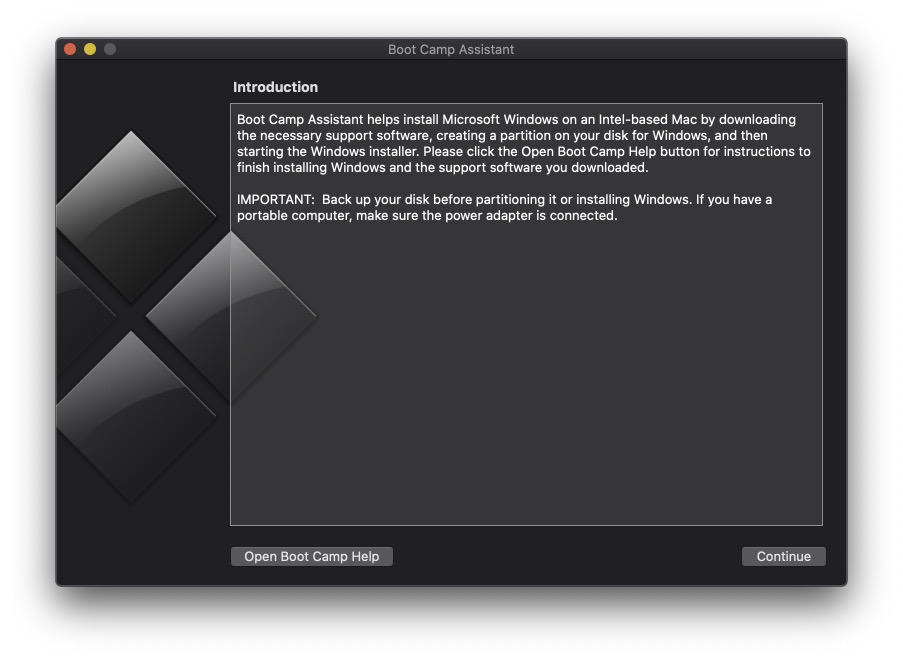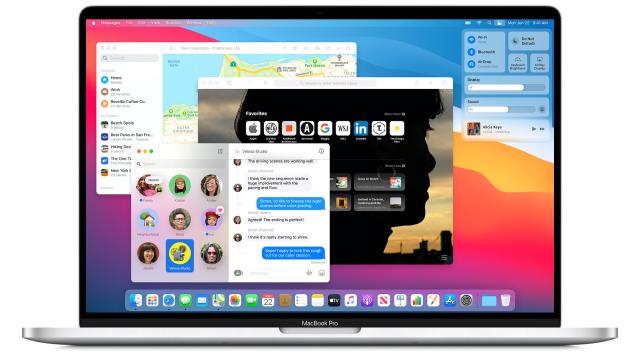You’d be forgiven for missing every change to iOS, macOS, and more that Apple execs speed-talked through during Monday’s Worldwide Developers Conference keynote. But even after catching up on all the announcements, there are more useful features coming to iPhones, Macs, Apple Watches, and more — and some big shifts that Apple didn’t even mention.
Developers are already discovering little changes in the dev betas released Monday, and we’ve also combed through Apple’s official documentation to see what changes the company didn’t highlight but will make a meaningful difference to the way you use its devices.
[referenced url=”https://gizmodo.com.au/2020/06/everything-apple-announced-at-wwdc-2020/” thumb=”https://gizmodo.com.au/wp-content/uploads/2020/06/24/r4tfe4eqpsvjdstgnklw-300×242.jpg” title=”Everything Apple Announced at WWDC 2020″ excerpt=”This year’s WWDC was a little different than its past iterations of the annual developer’s conference. For one, the global pandemic underway meant that the actual format was a little different, and rather than presenting from a packed auditorium, the event was streamed. In spite of the at time very…”]
Boot Camp Is Dead On Apple Silicon

Apple is making a family of custom ARM-based processors for Macs, which is a huge shift that brings with it rippling effects. One change that some might not be too pleased about is that Boot Camp, the free utility that allows you to dual-boot Windows and macOS, is going away on the new Macs powered by Apple silicon.
Intel-based Macs running Big Sur will still support Boot Camp, and Apple’s chips will still allow you to run virtualization technology like Parallels to use Windows and macOS, but Parallels is not free and runs on top of the OS while Boot Camp costs nothing and allows you to dual, and even triple, boot on a Mac. RIP.
HomePod Supports Other Streaming Services
In a move that could quell antitrust accusations and make HomePod more appealing, Apple is opening up its speaker to third-party music streaming services like Spotify with an update this fall. HomePod was basically limited to Apple Music subscribers, which inhibited its usefulness. Spotify and the like still have to choose to support HomePod, and it’s unclear whether they will, but at least the option exists.
iPhone and iPad Default Browser Change
This fall, you’ll finally be able to change your default web browser and email client to apps that aren’t Apple’s own Safari and Mail. This announcement almost slid right past those of us who watched the WWDC keynote live, because it appeared in the slide that concluded the iPadOS 14 presentation without so much as a mention.
Apple later noted in its iOS 14 preview that the feature is coming to iPhones, too, so when you click on a link to compose an email or open a new page, you’ll jump right into your app of choice.
Apple TV 4K Will Stream 4K YouTube Videos
One good reason to buy Apple’s 4K set-top box is to stream 4K content. tvOS 14 is bringing support for 4K YouTube videos to Apple TV. It’s unclear if the change was something on Apple’s end or if YouTube is adapting to Apple TV, but either way, now you’ll have more videos to stream in glorious 4K resolution.
Back Tap for iOS is A Useful Feature With a Wonderful Name
I love everything about Back Tap, an iOS 14 feature that acts as a shortcut to a customised set of actions when you tap the back of your iPhone. You don’t have that many options — just a double tap and a triple tap — but you can set them as shortcuts to, say, open an app, or even as a shortcut to Shortcuts. According to developers, the feature even works with a phone’s case on.
#iOS14 Back Tap: Double or triple tap the back of your iPhone to perform some actions quickly ???? pic.twitter.com/HIsvnHusKz
— Ben Geskin (@BenGeskin) June 22, 2020
FaceTime Recognises Sign Language
In a huge move for accessibility, FaceTime will now recognise when a person on a group video call is signing in American Sign Language and will emphasise that caller’s window so everyone else pays attention. It would be neat if FaceTime could translate ASL to text as part of this feature to make it even more accessible, but this is a solid step.
Force Touch for Apple Watch is Going Away
According to Apple’s documentation, watchOS 7 no longer supports Force Touch, an Apple Watch mechanism used to dismiss notifications, unlock menu items within an app, and other tasks. That means the Apple Watch Series 6 will likely ditch Force Touch, which is…kind of strange! It’s been a feature in the watch since day one, and I use it to interact with the device multiple times a day. I’m curious to see whether the firm press will simply be replaced by a long one.
iPad Games Support Keyboards and Mice
It was only a matter of time before the iPad’s new support for trackpads and mice extended to games, and that’s coming in iPadOS 14. You’ll no longer be limited to using touchscreen controls or Bluetooth controllers for gaming on the iPad, bringing the tablet closer to a Mac — at least when it comes to gaming.
Optimised AirPods Charging
Apple hyped a handful of new AirPods features, including spatial audio for AirPods Pro and smart device-switching for all models, but didn’t mention that this fall it will start optimising your AirPods’ battery like it does your iPhone. Your AirPods will learn your charging routine and then wait to finish juicing up past 80% to avoid ageing the battery.
